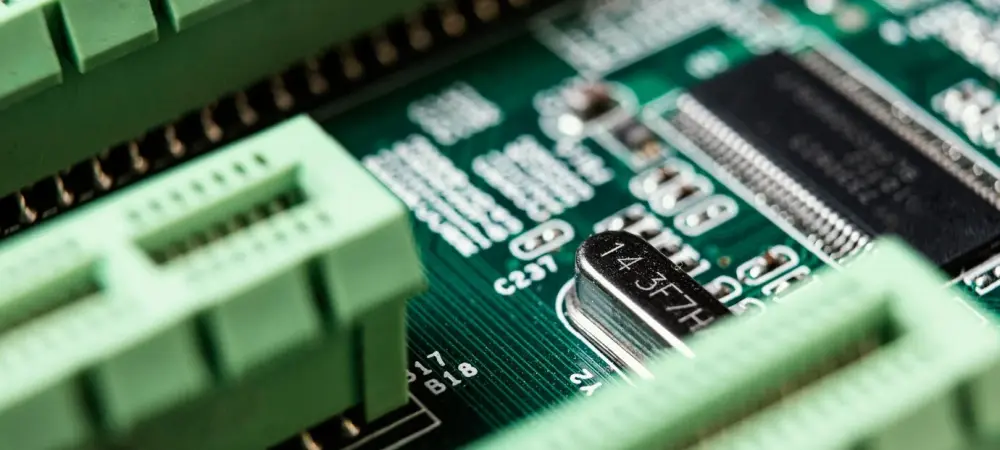In today’s competitive hardware landscape, the pursuit of peak performance often boils down to the intricacies of seemingly minor components like memory modules. Recent revelations have shed light on how variations in memory can impact the performance of graphics cards, specifically the Radeon RX 9070 XT equipped with different GDDR6 modules. The core question being addressed is whether the type of memory module plays a crucial role in determining the overall effectiveness of GPUs. Findings suggest that Radeon RX 9070 XT GPUs with Samsung GDDR6 modules are slightly outperformed by those with SK Hynix modules. This performance disparity, despite the higher clock speeds and power consumption of Samsung-equipped cards, is largely attributed to the higher memory latency stemming from Samsung’s “loose” timings. The latency difference, which ranges around 370-380ns with Samsung products versus 350-360ns for SK Hynix, demonstrates the subtle yet significant influence of memory module choices on GPU performance.
Impact of Memory Latency
Latency has emerged as a pivotal factor in the examination of GPU performance, particularly with the Radeon RX 9070 XT series. In a Chinese hardware review detailing tests on over 20 units, it was observed that GPUs incorporating Samsung’s memory exhibited 1-2% lower performance in benchmarking scenarios such as 3DMark Speedway. This difference, though seemingly minor, underscores the importance of small variations caused by memory latency. It was determined that the relatively high latency of Samsung modules could be traced to the “loose” timings, which influenced the card’s ability to handle data efficiently. The distinction between 370-380ns latency in Samsung modules versus 350-360ns in SK Hynix highlights how these memory specifications translate into tangible differences in gaming experiences and graphical processing tasks. AMD directly confirmed that Samsung’s GDDR6 modules were responsible for this observed regression, further affirming the impact of memory latency on performance outcomes in GPUs.
Broader Implications for Hardware Variability
The findings go beyond technical specs, underscoring a broader issue of hardware variability and performance in high-end gaming systems. Variations in components, such as memory modules, reveal how even minor differences can significantly affect gaming hardware output. This insight is crucial for both consumers and manufacturers, stressing the importance of evaluating memory specifications alongside other elements like clock speeds and cooling systems when considering GPU performance. Although clock speeds and thermal management are vital, the impact of differing memory module traits should not be ignored. In the ever-evolving tech realm, grasping how these complex components interact can lead to better designs and wiser purchasing choices. Highlighting memory module selection as a crucial element in GPU effectiveness promotes a holistic approach to hardware optimization. This showcases the growing complexity and sophistication of today’s tech ecosystems, pushing boundaries toward improved performance and innovation in gaming hardware.

